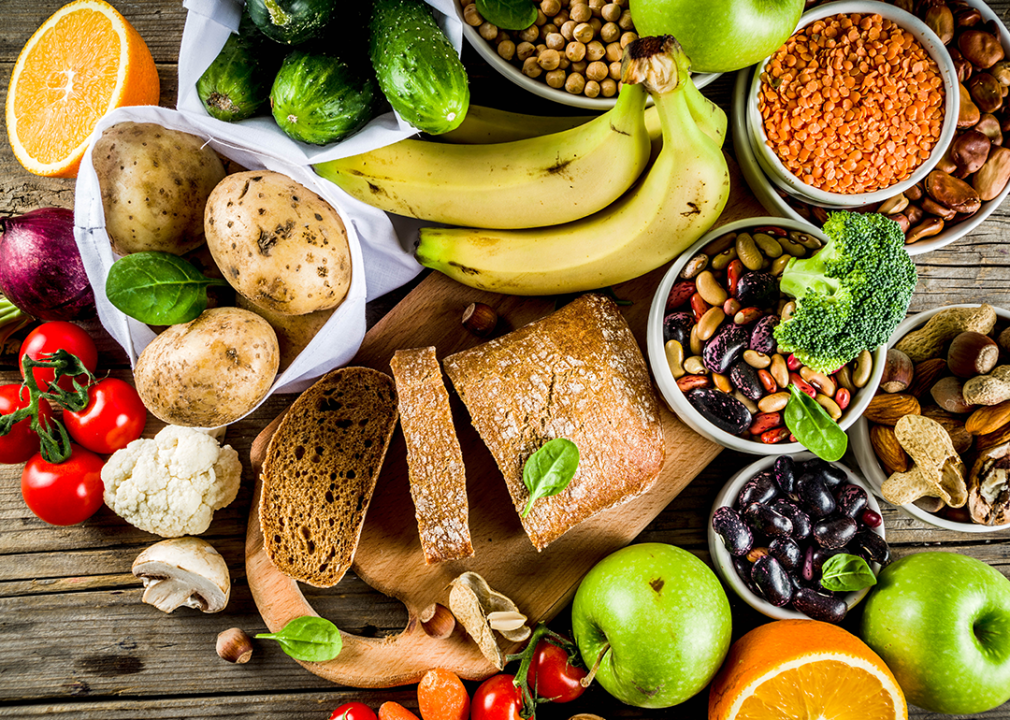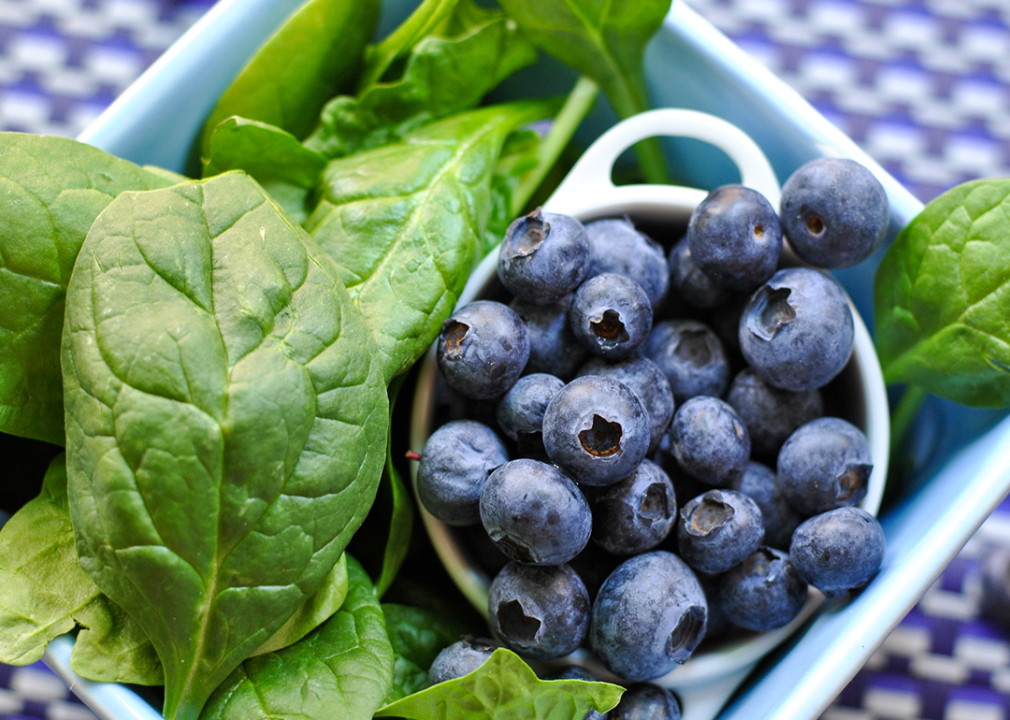How plant-based diets affect sleep
Published 2:00 pm Thursday, October 5, 2023
How plant-based diets affect sleep
If the size of the North American sleep aid market is any indication, Americans value their rest—the region’s market has a value of $39 billion in 2023, and researchers expect it to continue to grow. Yet, when it comes to sleeping for the recommended seven or more hours in a 24-hour period, just under one-third of adults are getting enough rest, according to CDC data spanning 2013 to 2020. And the quality of that sleep isn’t always ideal, either.
Americans’ diets—which include meals that are comparatively larger portioned than in other countries—are known to be less healthy than other traditional diets around the world, and could be impacting their sleep. However, too little sleep is not exclusive to the United States. Public health researchers and groups, including the World Health Organization, say insufficient sleep is a public health epidemic on a global scale.
Those who find themselves frequently browsing the sleep aid aisles may instead find a surprising ally in the garden—a plant-based diet. Medical studies have found an association between poorer sleep and high meat consumption, especially among older adults. Eating high-protein foods like steak and pork chops can interfere with your sleep because they require more time to digest, especially if you eat right before bedtime. When you consider that your digestive cycle can slow down by 50% as you sleep, protein-heavy meals are even more disruptive to your sleep as your body works even longer to break it down, according to John Hopkins Medicine.
So why is lack of sleep considered a public health crisis? In addition to being crucial for restoring energy levels, good sleep is necessary for the function and restoration of all body systems. Those who regularly do not get enough sleep are susceptible to various physical and mental health conditions, including diabetes, depression, cardiovascular disease, and depression. People struggling with their mental health who do not get enough sleep are also at risk of increased mental distress, according to a 2018 CDC study.
Using research papers and government resources, Thistle examined what developing scientific research shows about how features of plant-based diets may help enhance sleep quality. Food affects neurotransmitter production and blood sugar regulation, contributing significantly to the sleep-wake cycle. Though more people are becoming aware of the emerging evidence linking their diet and sleep quality, there is still much to be learned about the effects of how we “feed” our sleep cycles.
Read on to learn more about some of the latest findings about how plant-based food can have impact on your sleep.
![]()

Rimma Bondarenko // Shutterstock
Complex carbohydrates
Fruits, vegetables, whole grains, legumes, and other complex carbohydrates are staples of a plant-based diet. As opposed to simple carbohydrates, complex carbohydrates raise blood glucose levels for an extended period. This can prevent the nighttime awakenings associated with blood sugar spikes and crashes, resulting in more restful sleep.

Kmikhidov // Shutterstock
Tryptophan levels
Many plant-based proteins, especially meat alternatives, are rich in the amino acid tryptophan, which promotes the production of serotonin and melatonin. Serotonin is a neurotransmitter that regulates mood, sleep, and digestion; melatonin is a hormone that helps modulate the sleep-wake cycle.

Ayanna Floyd-Wicks // Shutterstock
Anti-inflammation
Many plant-based foods, such as berries and leafy greens, are also rich in antioxidants, which assist in suppressing or preventing inflammatory processes in the body. As recent studies have linked chronic inflammation with sleep disorders, incorporating anti-inflammatory foods into their diet may help people improve their sleep quality.
Story editing by Jeff Inglis. Copy editing by Kristen Wegrzyn.
This story originally appeared on Thistle and was produced and
distributed in partnership with Stacker Studio.






